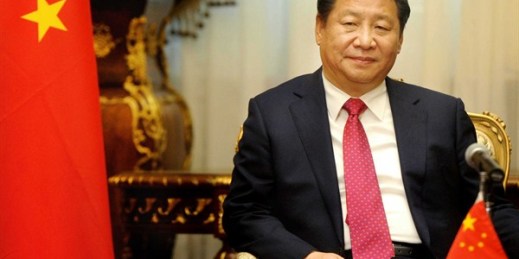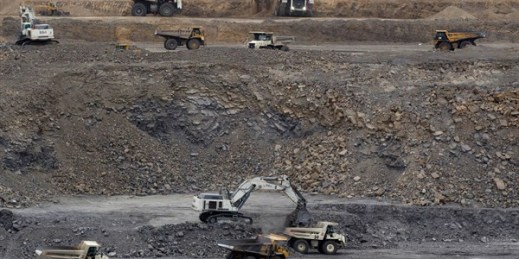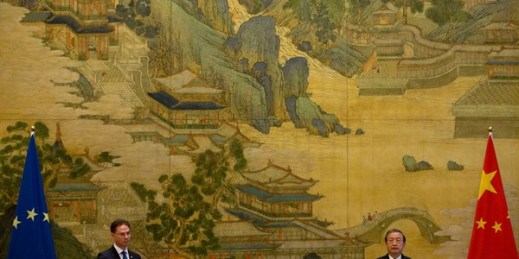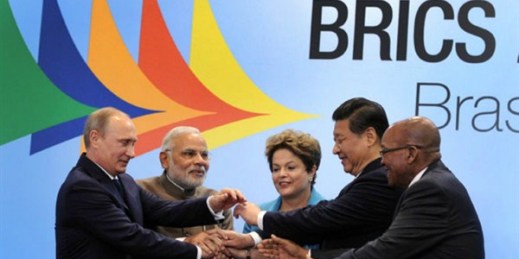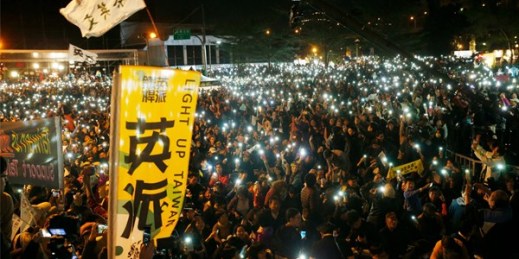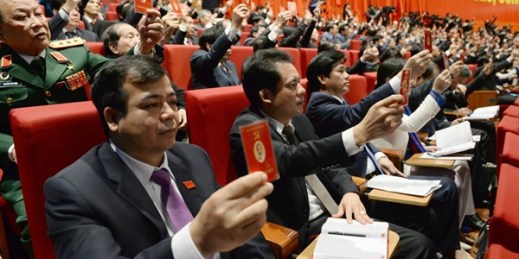
PHNOM PENH—Conservative forces have strengthened their grip in Vietnam after the ruling Communist Party, late last month, elected its incumbent general-secretary to a second five-year term in the country’s top political office. Analysts say the reappointment of Nguyen Phu Trong, 71, will put a brake on political and economic reforms, but it is unlikely to significantly alter the balance of the country’s crucial relationships with China and the United States. The decision also spelled an end to the ambitions of the reformist Prime Minister Nguyen Tan Dung, who mounted a short-lived challenge for the Community Party’s top post before its […]

